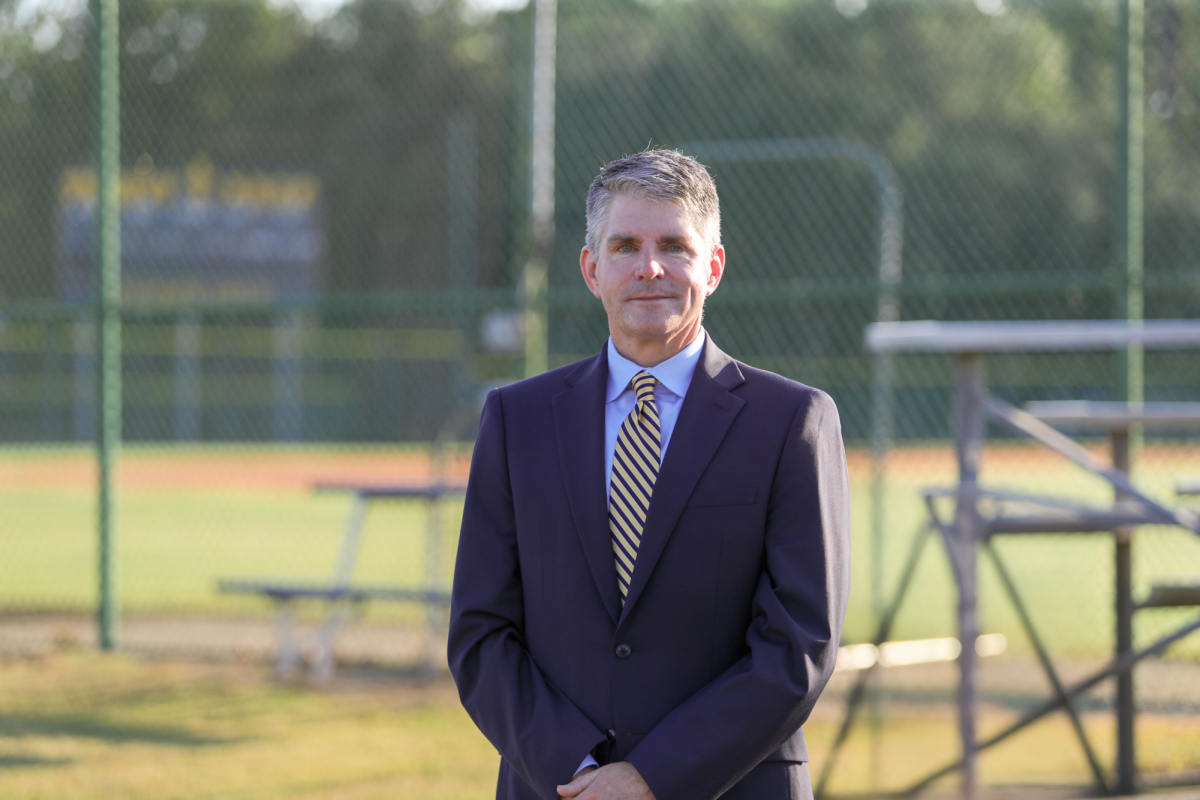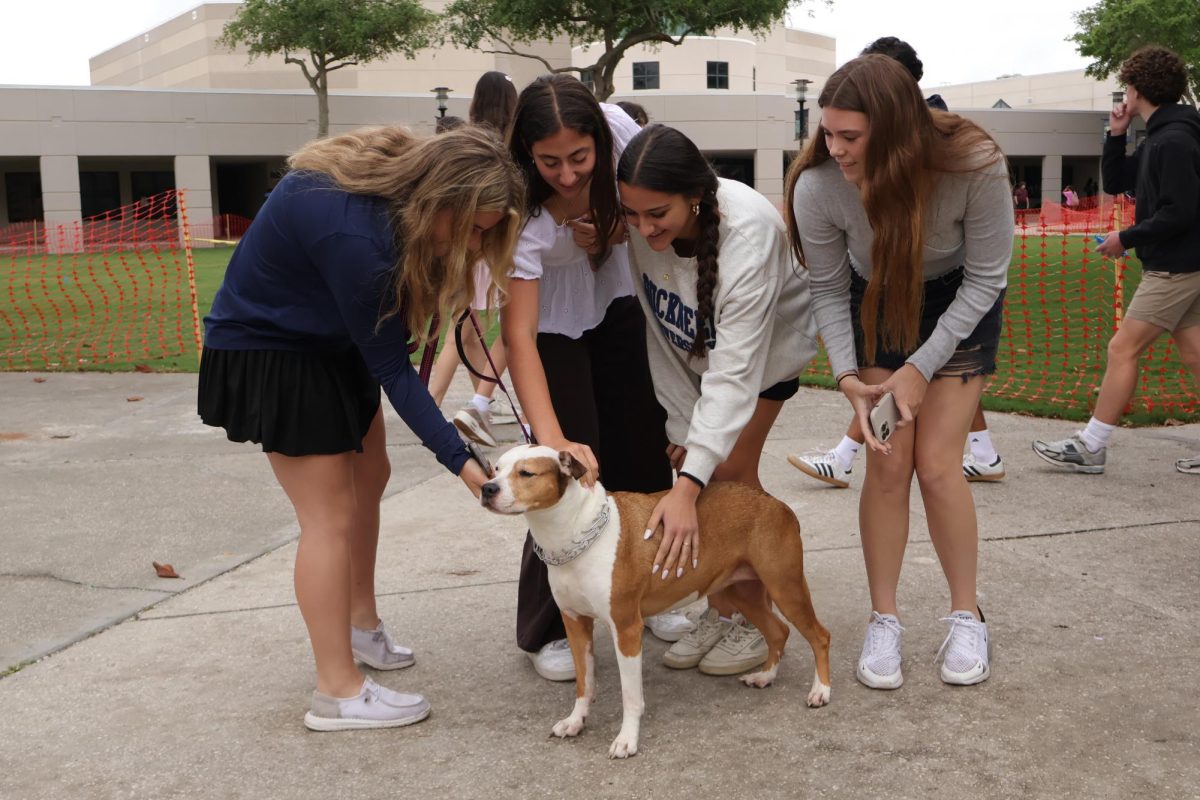In September, House Republican Rep. Linda Chaney proposed a new bill to the State Legislature that takes aim at Florida’s child labor laws. The bill, titled HB-49, would remove all restrictions on the number of hours 16 and 17-year-olds can work, as well as allow them to work overnight shifts on school nights or work during school hours for the first time since 1913. Additionally, several restrictions that currently apply to those 17 years of age or younger would be lowered to 15 years of age or younger, allowing minors over the age of 15 to work seven days a week and for longer than four continuous hours without a break.
In addition to getting rid of crucial guarantees for teen workers, the bill also introduces vague language that puts the enforceability of certain restrictions for those under 15 into question. Currently, Florida’s child labor laws have several regulations stating that minors 15 years of age or younger “shall not” be made to work overnight shifts, work for more than 15 hours per week during the school year or more than three hours per day on school days. However, HB-49 changes this to “may not” as opposed to “shall not.” This ambiguous language could leave the bill up to legal interpretation, and it opens up the possibility of these regulations being deemed optional in court.
The bill goes a step further by banning local municipalities from regulating the presence of minors in the workplace. This would mean that local governments would not have the power to override the state’s deregulation of child labor with its own laws, further taking away local autonomy from an increasingly restrictive state government.
Florida is not the first state to move in this direction in recent years; 10 other states have all proposed similar bills loosening restrictions on child labor. Furthermore, New Jersey, New Hampshire, Iowa, Michigan, Arkansas and Tennessee have already passed legislation loosening these restrictions. The rationale behind many of these bills has stemmed from the need to make up for the labor shortage caused by the COVID-19 pandemic. However, HB-49 could have drastic consequences for children nationwide who are forced to seek employment to support their family’s income.
Mental Health
Removing these restrictions puts teens’ mental health, development and safety at risk, among other risks. Combined stress from having to work a job and perform well in an exceedingly competitive school system may lead many students to experience extreme fatigue from lack of sleep and increased anxiety, potentially opening the door to more serious mental health issues. Even under the current regime, students are feeling the effects of this pressure, including senior Eva Chong.
“I get a lot less sleep, and that has negatively affected my mental health,” Chong said. “Sometimes, I work from 7-11 [p.m.] on school nights and then have to get up at 7 [a.m.] after going to sleep at 1 or 2 [a.m.] because I still have to get my homework done, and then [I have] extracurricular activities. I’m just really tired all the time.”
Fatigue not only affects students’ mental health but also their performance in school. A study published by the American Sociological Association has shown that students who work more than 20 hours per week tend to perform significantly worse in school. Between school and work, students often have very little time for activities that promote achievement, such as completing homework, studying for tests, getting help from parents or teachers or participating in extracurriculars, leading to faltering grades and lower social engagement.
Moreover, fatigue threatens students’ physical safety. Driving while sleep-deprived can be extremely dangerous, and studies have shown that driving when tired markedly increases the chance of getting in a car accident. Lack of sleep also significantly increases the chance of workplace accidents/injuries, some of which may be very serious and even life-threatening, depending on the job.
Political Implications
Florida first passed legislation regulating child labor in 1913 during the Progressive Era. Although, at first, the law was poorly enforced and contained numerous loopholes, many adjustments have strengthened and expanded the law over time. Should HB-49 pass, it would undermine over a century of progress toward ending child labor and likely undo many improvements to health, education and economic outcomes for youth that advocates have fought to secure.
Over the last 25 years, Florida’s child labor laws have played a crucial part in raising high school graduation rates from 52% in 1998 to 90.1% in 2021, according to the Florida Department of Education. However, combined with the State government’s efforts to defund public schools through school vouchers, HB-49 could encourage more teens to drop out of school to join the workforce. This would be detrimental for several reasons: firstly, according to the Bureau of Labor Statistics, students who drop out go on to have some of the highest unemployment rates and the lowest earnings as adults, reinforcing the vicious cycle of poverty for the next generation; secondly, according to social science teacher Brandon Burmeister, it is economically self-destructive.
“When you think about economics, there’s only three ways to grow your economy,” Burmeister said. “Inventing new things, educating your populace [and] building infrastructure. If you’re not educating your population, that’s going to decrease your economic output and decrease your possibility of inventing new things. So I think ultimately incentivizing 16-year-olds to take manual labor jobs as opposed to staying in school and [getting] a little bit more human capital behind their belts [is] economically irresponsible.”
Although vastly unpopular, corporate interests are still seeking to get HB-49 passed. Under a capitalist system, corporations must maintain ever-growing profits or risk being outpaced and bought out by their competition. This inherent need to endlessly increase profits leads many firms to prioritize short-term profitability over long-term sustainability.
However, getting rid of child labor regulations is not the only thing on the chopping block for corporate lobbyists. In at least 22 states, special interest groups such as the Foundation for Government Accountability and others have fought hard to limit access to social services like SNAP (food stamps) and Medicaid, defund public education, and cut unemployment benefits. Opponents of the bill say HB-49 is just one part of a concerted effort to eliminate anti-poverty protections nationwide. This move will inevitably lead to more extreme poverty, which study after study has shown to be the root cause of exploitative child labor. Meanwhile, as children nationwide are pressured into oppressive work contracts to support their families, CEOs and wealthy investors reap the benefits while the government steps back and allows it to happen.
Conclusion
In the last eight years, child labor violations have seen an alarming uptick across the nation, with the number of minors employed in violation of child labor laws increasing by 283% from 2015 to 2022 (according to the Department of Labor). So far, state governments have responded by pulling child labor restrictions and cutting social safety nets, intentionally hurting our nation’s poorest to serve the interests of a wealthy minority. Many advocates, including the Economic Policy Institute, argue that in this time of crisis, state governments should be expanding and strengthening protections for students, not getting rid of them. They maintain that state lawmakers should be working to alleviate the poverty that makes child labor necessary by ensuring all students have access to quality public education, closing loopholes in existing child labor laws, and expanding and improving social welfare programs to keep the most vulnerable out of destitution. However, these changes are unlikely to happen unless constituents push for them. As American citizens and Florida residents, there are many options available to make your voices heard. You can call your representatives and tell them how you feel about HB-49, start a petition, organize a strike or demonstration, or even do something as small as spreading awareness with those around you in person or on social media.





















